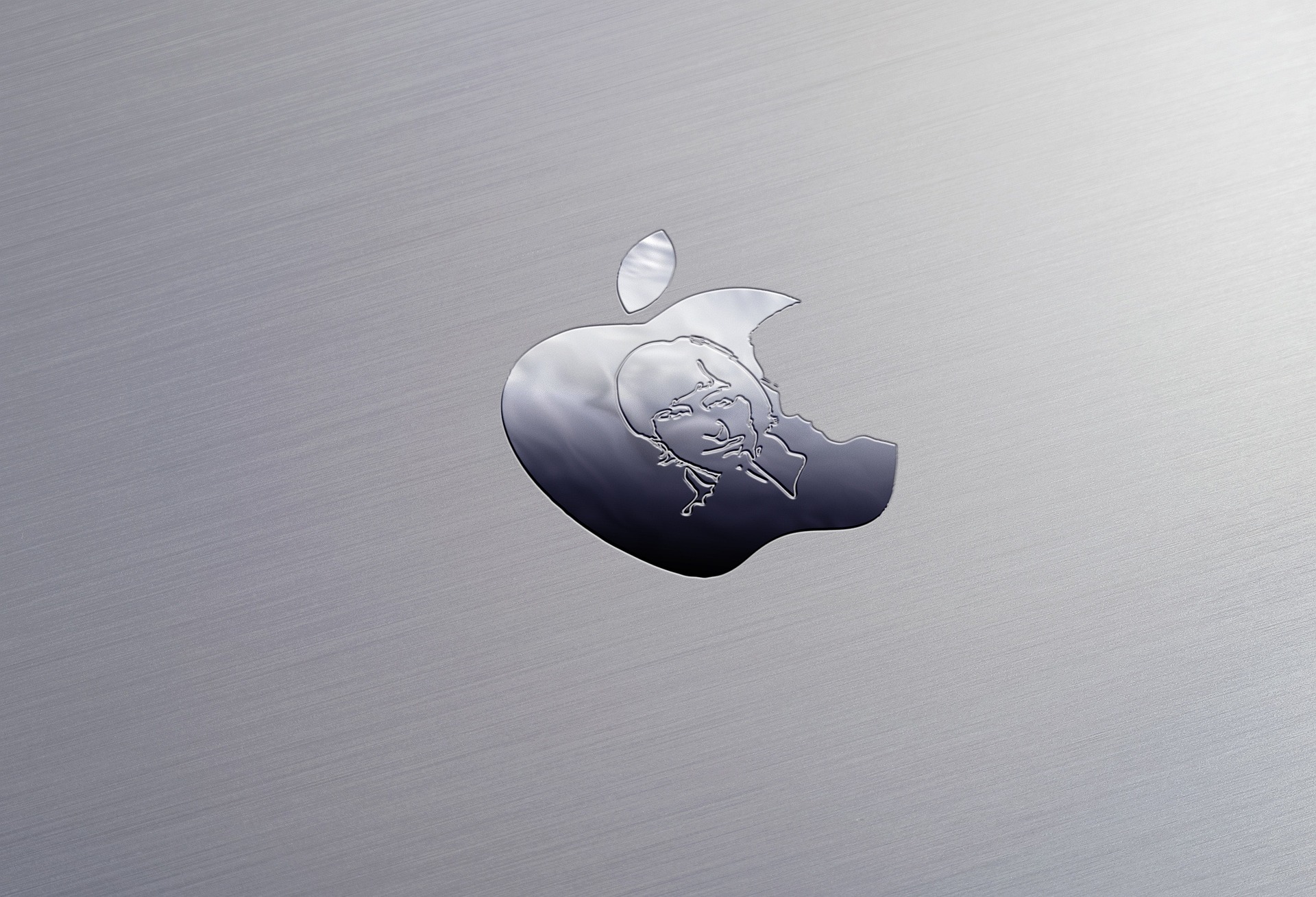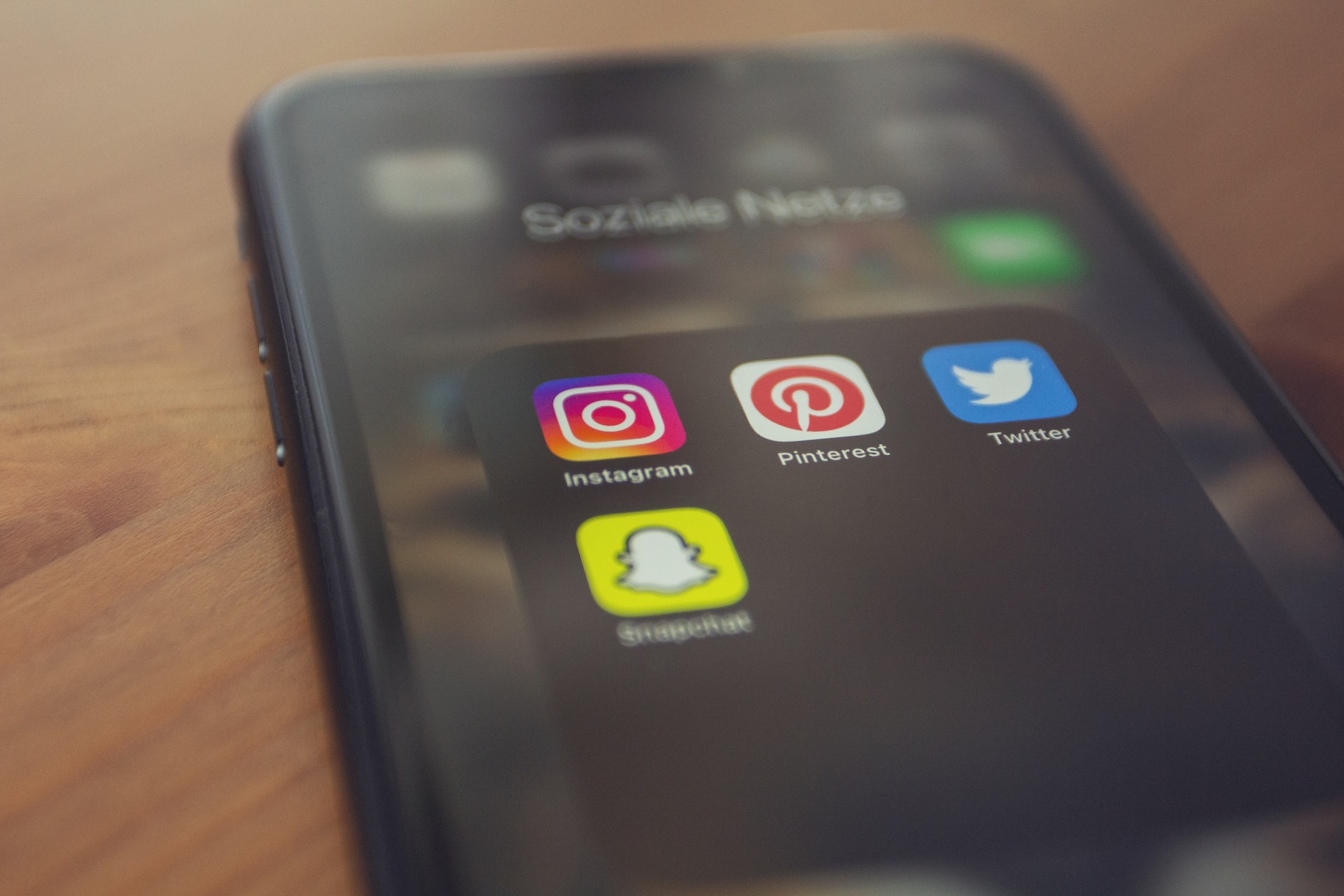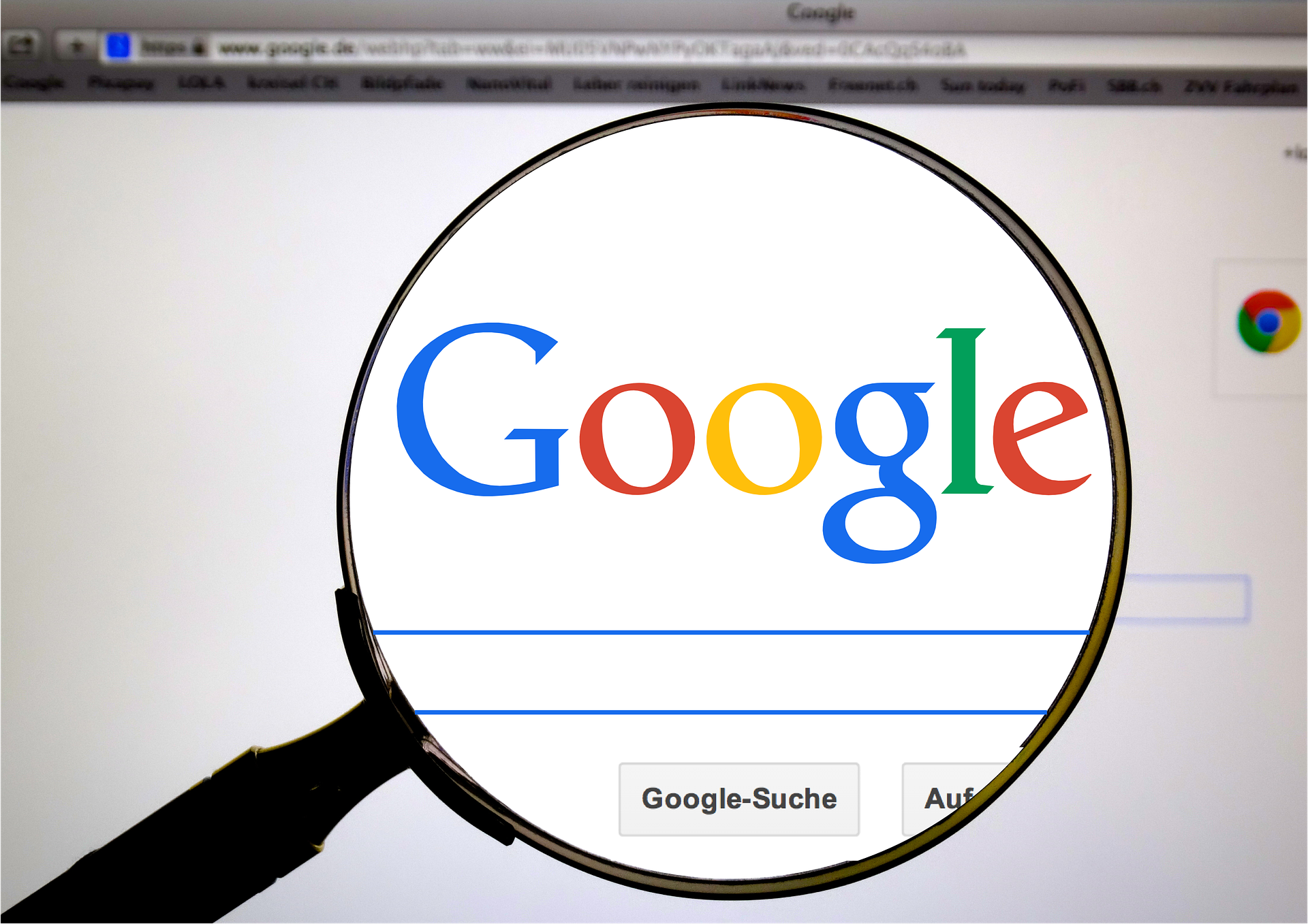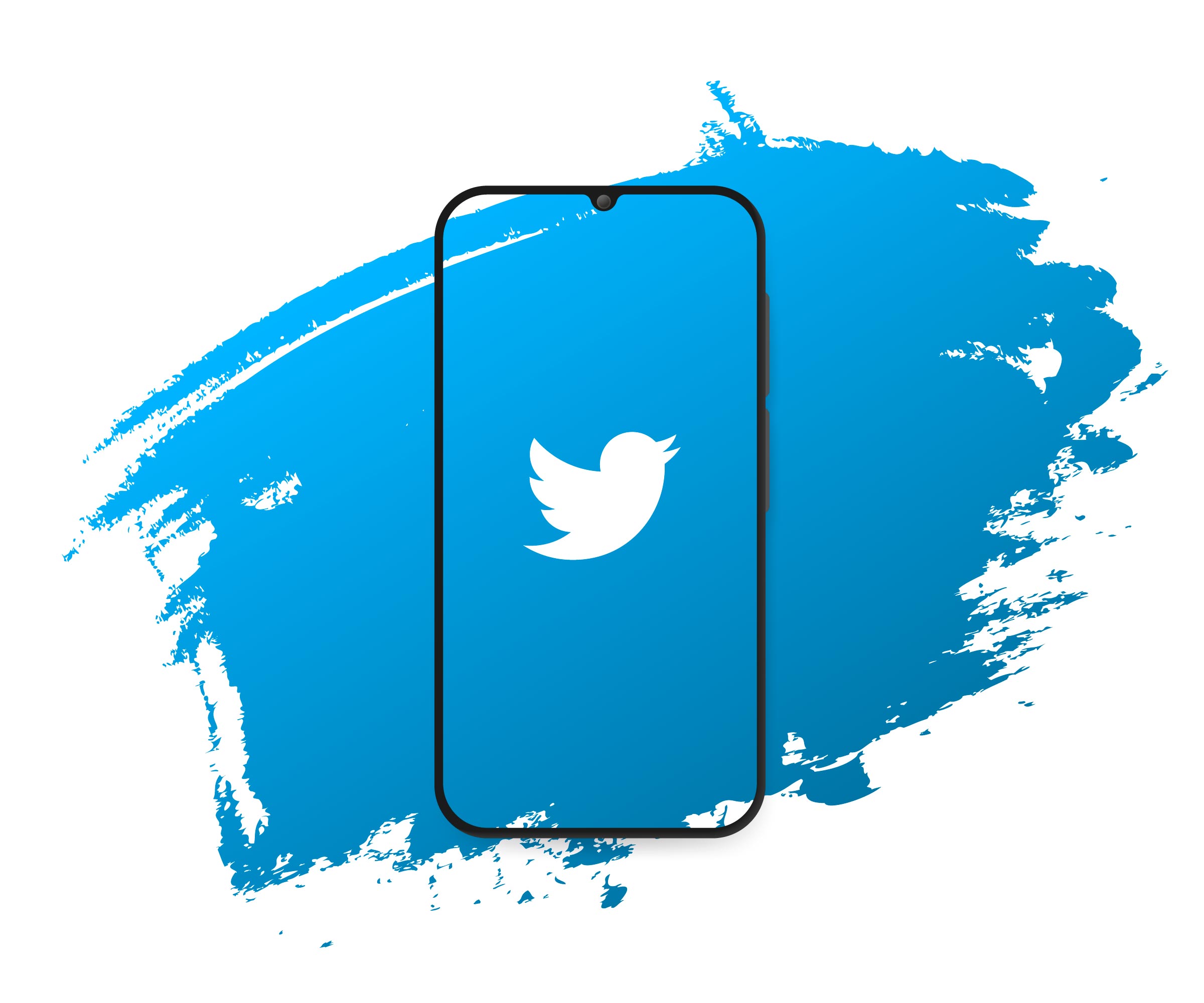Apple Inc. is no stranger to legal disputes. The tech giant has been embroiled in numerous high-profile lawsuits over the years, from antitrust violations to patent infringement cases. One such lawsuit that has been making headlines lately is its trade secret dispute with Masimo Corporation, a medical technology company. The case has been in the courts for years, and despite recent developments, it seems the road to resolution is still a long one.
The legal battle between Apple and Masimo dates back to 2013 when Masimo filed a lawsuit against Apple alleging that the tech giant had poached key employees from Masimo and used their knowledge of the company’s trade secrets to develop its own health monitoring technology. Masimo claimed that Apple had engaged in unfair competition and sought damages and an injunction to prevent the sale of Apple’s products that allegedly infringed on Masimo’s patents.
Apple, for its part, denied the allegations and filed counterclaims against Masimo. The tech giant argued that Masimo’s patents were invalid and that the company was engaging in anticompetitive behavior by trying to stifle innovation in the health monitoring industry.
The legal battle between the two companies has been going on for years, with both sides making accusations and presenting evidence to support their claims. In 2018, a jury ruled in favor of Masimo and awarded the company $145 million in damages. However, the judge in the case later threw out the verdict, stating that there was insufficient evidence to support Masimo’s claims.
The case went to trial again in January 2022, and this time, both sides were hoping for a different outcome. However, after weeks of testimony and arguments, the jury was unable to reach a verdict, and the judge declared a mistrial. The case has now been put on hold while both sides decide what to do next.
The outcome of the Apple-Masimo case could have far-reaching implications for the tech industry as a whole. Trade secret disputes are becoming increasingly common, as companies fight to protect their intellectual property in an ever-changing technological landscape. The outcome of this case could set a precedent for how these disputes are handled in the future.
But what are trade secrets, and why are they so important? Trade secrets are confidential information that gives a company a competitive advantage. They can include anything from customer lists to manufacturing processes to formulas for products. Unlike patents, which are publicly disclosed, trade secrets are kept confidential and can be protected indefinitely if the company takes reasonable steps to keep them secret.
Trade secrets are vital for companies that rely on innovation to stay ahead of their competitors. Without the protection of trade secrets, companies would be less likely to invest in research and development, knowing that their competitors could easily copy their ideas and processes.
However, the protection of trade secrets is not absolute. Companies must take steps to ensure that their trade secrets remain confidential, such as restricting access to the information and requiring employees to sign non-disclosure agreements. If a company fails to take reasonable steps to protect its trade secrets, it may lose its right to enforce them in court.
In the case of Apple and Masimo, the crux of the dispute is whether Apple improperly used Masimo’s trade secrets to develop its own health monitoring technology. Masimo claims that Apple hired key employees from the company who had knowledge of its trade secrets and used that information to develop the Apple Watch. Apple denies the allegations and argues that its technology is the result of its own research and development efforts.
The resolution of the Apple-Masimo case is still uncertain. It is possible that the two companies will reach a settlement out of court, but given the history of the case and the amount of money at stake, it seems more likely that the case will.










